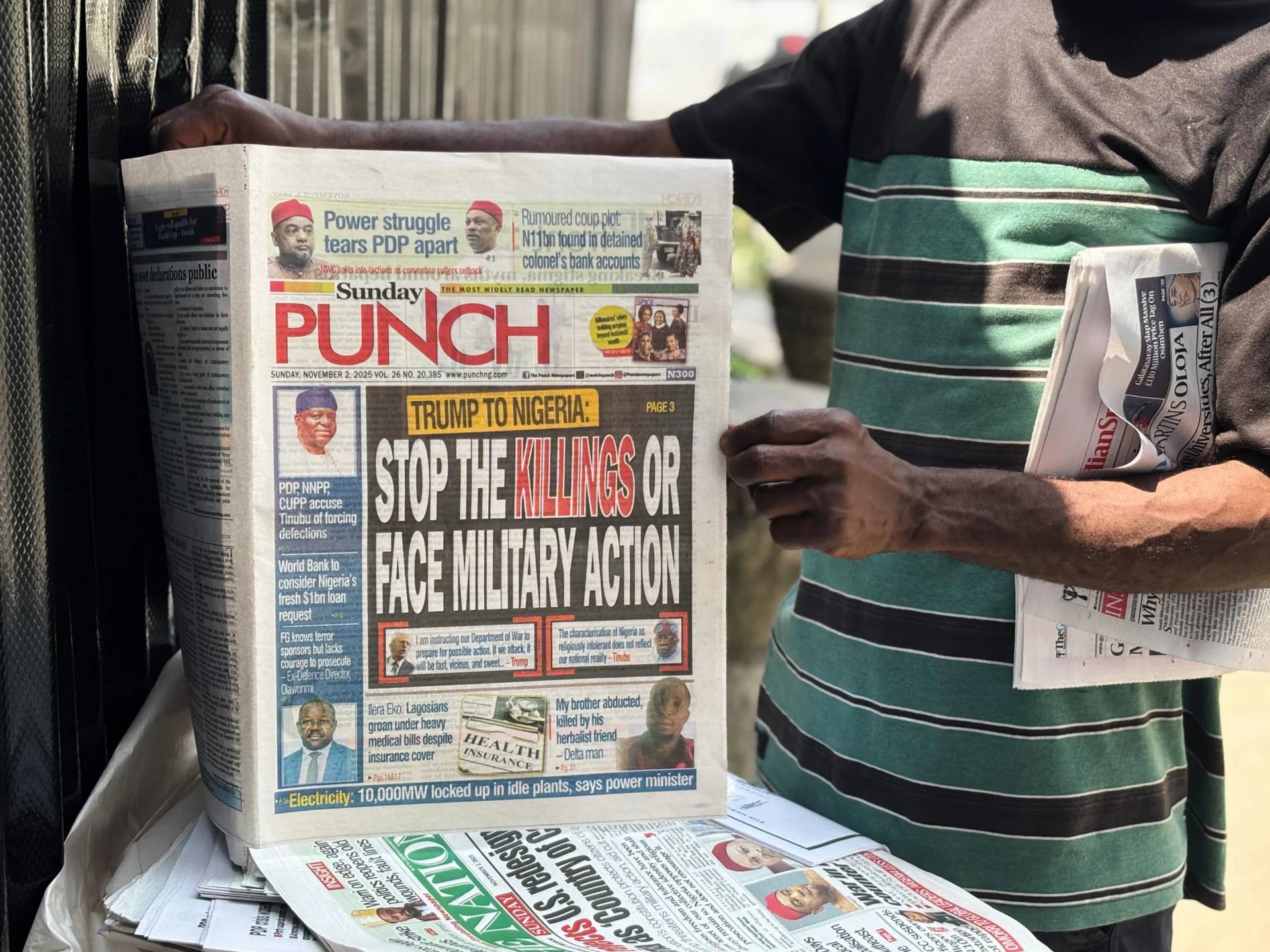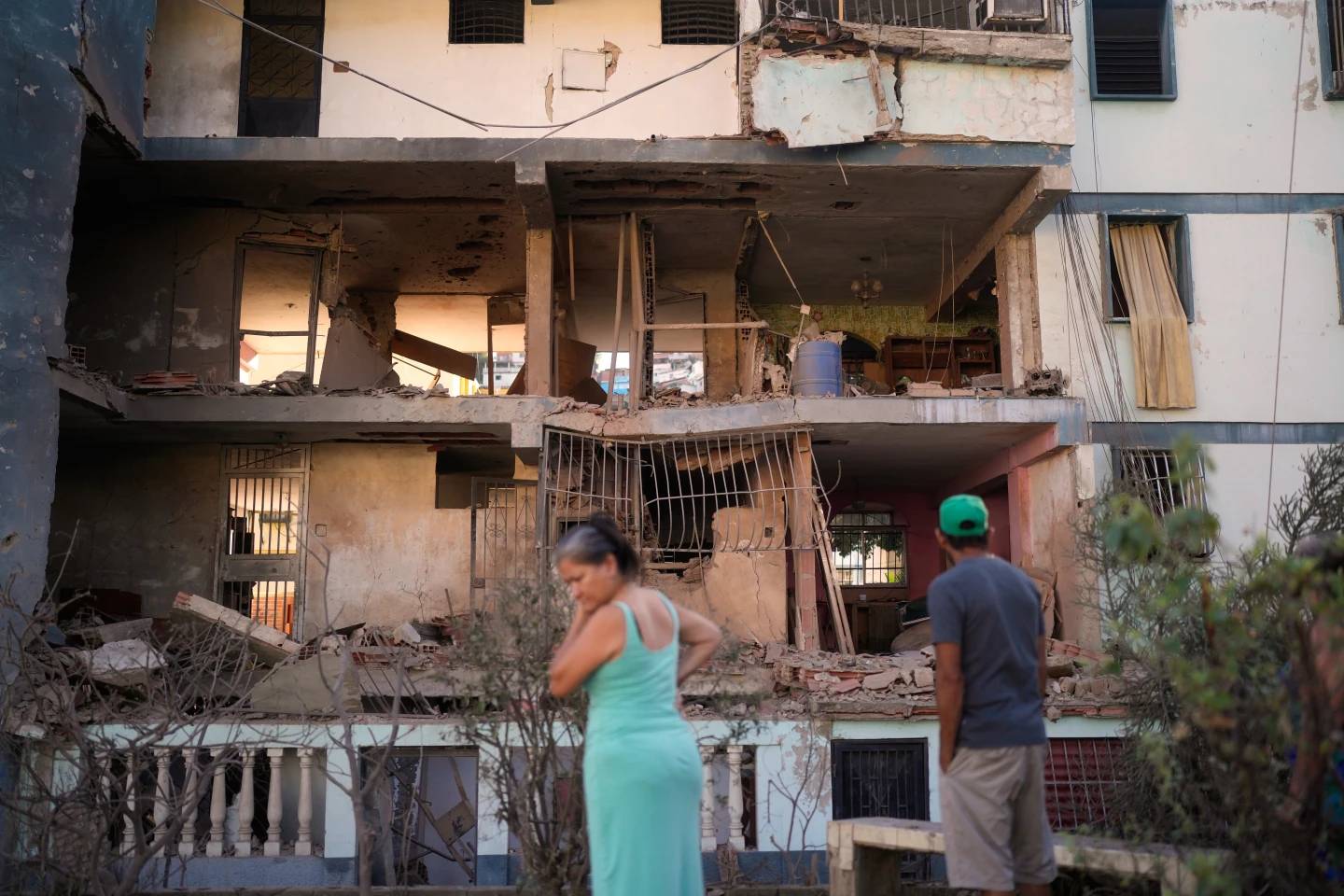ST. PETERSBURG — The first interfaith service ever for the St. Pete Pride celebration is planned for Saturday.
But with one day to go, organizers still don’t know how many worshipers to expect when the doors open at Trinity Lutheran Church. So far, there’s no indication any Muslim, Hindu, Buddhist, Baha’i or other non-Christian groups will participate in a religious service affirming lesbian, gay, bisexual and transgender communities.
Even leaders of some Christian groups say they won’t go.
“I would not be prepared as a matter of my own beliefs to endorse that as a lifestyle, because I am still part of a faith tradition that questions nontraditional lifestyles,” said the Rev. Manuel Sykes, pastor of the predominantly African-American Bethel Community Baptist Church and a former president of the St. Petersburg NAACP branch.
Acceptance of gay marriage and LGBT communities has come a long way in recent years. Opposition to gay marriage declined from 57 percent in 2009 to 37 percent last month, according to Gallup. The U.S. Supreme Court could soon determine if gay marriage is legal nationally, which would have been unthinkable 10 years ago.
But even as LGBT rights have gained wider acceptance, they’ve struggled to gain traction with religious conservatives.
As Republican nominees for president court the religious right, they’re making clear their own ambivalence toward gay marriage. Last week, Jeb Bush told religious conservatives that the debate about same-sex marriage should continue even if the Supreme Court legalizes it.
The St. Pete Pride parade underscores locally the continued aversion that large segments of the religious community have toward LGBT rights. Now in its 13th year, the parade is more popular than ever. Yet it continues to draw scorn from some church leaders. A local minister told St. Petersburg council members earlier this month that the city shouldn’t spend any money on the parade because it promotes “immoral activity.”
Installed a few months ago as Trinity Lutheran’s first openly gay pastor, the Rev. Paul Gibson worked with Good Samaritan Church in Pinellas Park and a handful of other pastors to deliver an alternate message of religious inclusion.
“The most important thing for me is that everyone of every faith hears the message, in the language of their faith, that the God who made them loves them,” said Gibson, a former monk.
In a recent bulletin, St. Petersburg’s First Presbyterian Church announced that members would march “in an unofficial capacity in the Pride Parade.” The notice was put there by Raleigh Duttweiler and her husband, Bill.
“We want to stand in support of members of the church who are already part of our faith community and for the people who could be part of our faith community,” Raleigh said.
Jewish participation is unlikely because the event falls on the Sabbath, but at least one rabbi has voiced support.
“Because of our commitment to being an inclusive community, and our advocacy of these civil rights, it would have been very important for me and for our Temple community to have been able to participate in the Interfaith Pride service,” said Rabbi Michael Torop of Temple Beth-El in an email.
But conservative Christians, Orthodox Jews, and Muslims generally disapprove.
Imam Abdul Ali of the Tampa Bay Area Muslim Association is active in interfaith circles, but won’t attend this service.
“From my perspective, no one should be discriminated against in terms of that, but we have our core belief and we try to stick with that,” Ali said.
“Homosexual acts are prohibited in Islam, and Islamic scholars are generally unanimous in this opinion, which they base on the Koran and the Sunnah (the teachings and deeds of the Prophet Mohammed),” explained Zacharias Pieri, a research fellow at the University of South Florida’s Global Initiative on Civil Society and Conflict.
But Imam Daayiee Abdullah, believed to be the only openly gay Imam in the United States and founder of the MECCA Institute, an online center of Islamic learning and contemporary Islamic research, disagrees.
Nothing in the Koran condemns the LGBT community, he said. It’s a matter of interpretation, said Abdullah, who has been participating in a Washington, D.C., Interfaith Pride service for years.
There is a mythology around the issue of faith and LGBT lives, said Lisbeth Melendez Rivera of the Human Rights Campaign, described as the nation’s largest LGBT civil rights organization.
“We believe that the practice of our faith is a place where we go to be spiritually fed. … There is no reason why the doors of places of worship should be closed to us simply because we are LGBT people,” said Melendez Rivera, who spoke at this year’s D.C. Pride service.
The St. Petersburg Pride service was welcome news to David Connelly, who is Jewish. He recalled the early days of his 32-year relationship with his late partner, Joe Perez, a Catholic.
“You would sometimes hear sermons that were not favorable to GBLT people in churches and temples,” he said.
Connelly, director of public relations at the Museum of Fine Arts in St. Petersburg, concedes that there has been some backlash following recent gains, but said he’s not discouraged.
“I do respect that people have different religious beliefs,” he said. “I just focus on the tremendous change that has occurred and is occurring. I think that an interfaith service is a wonderful step.”
Story via New York Times News Service.
















